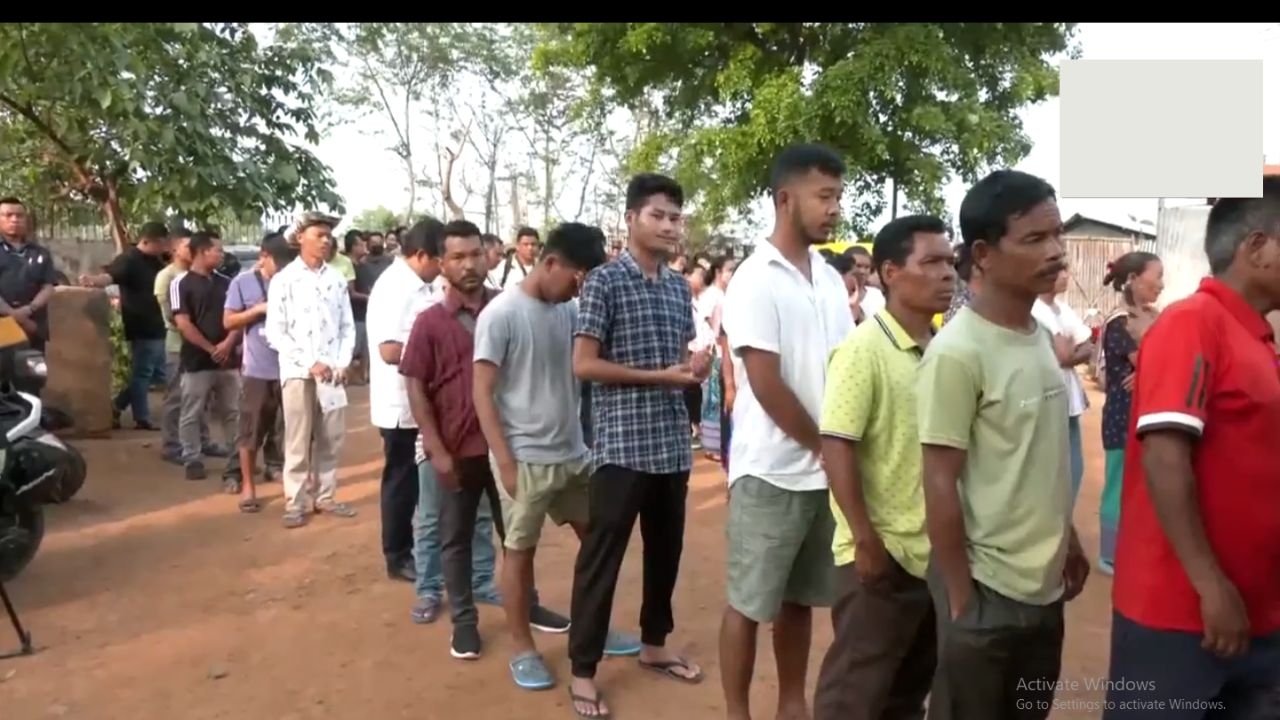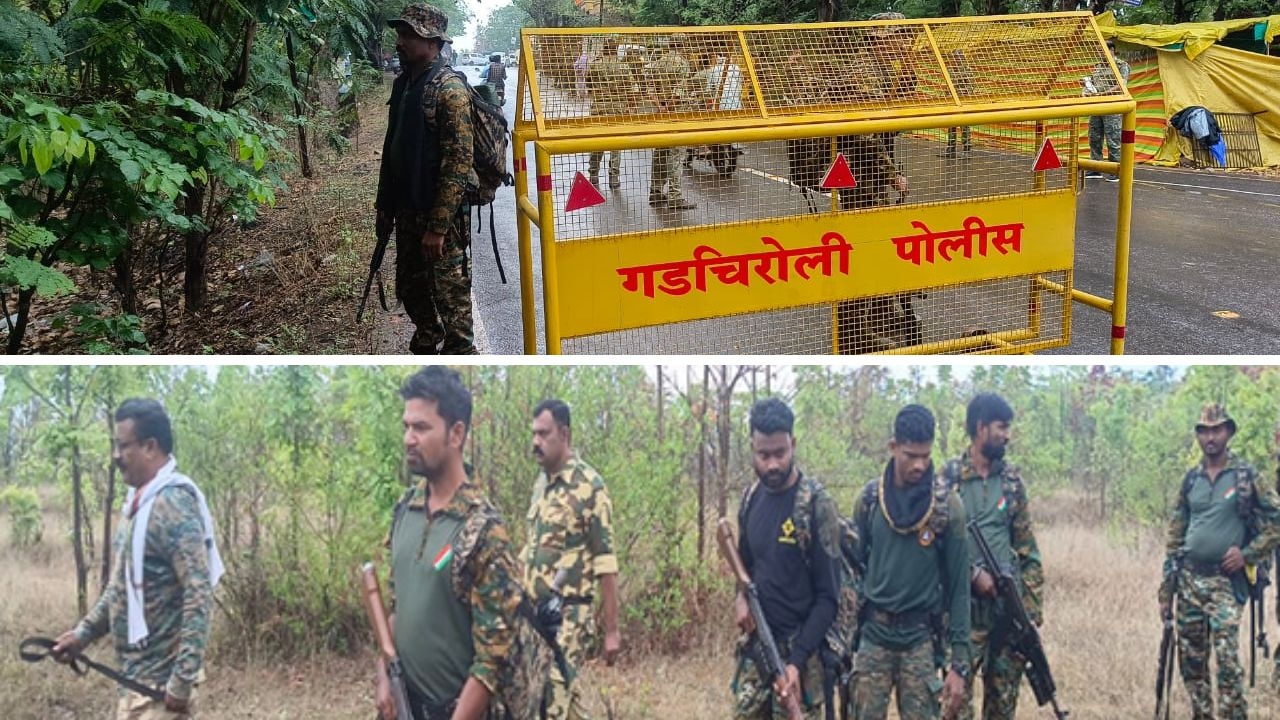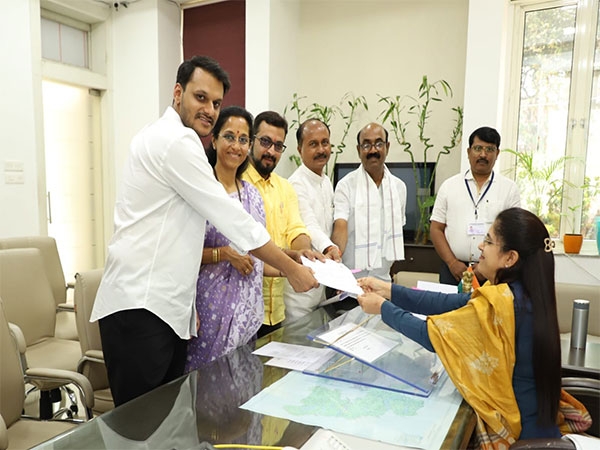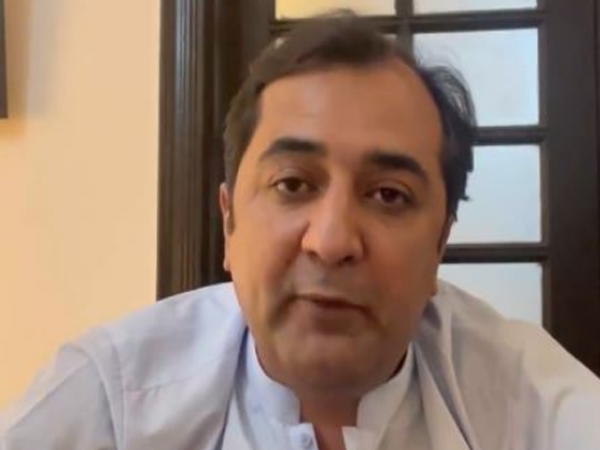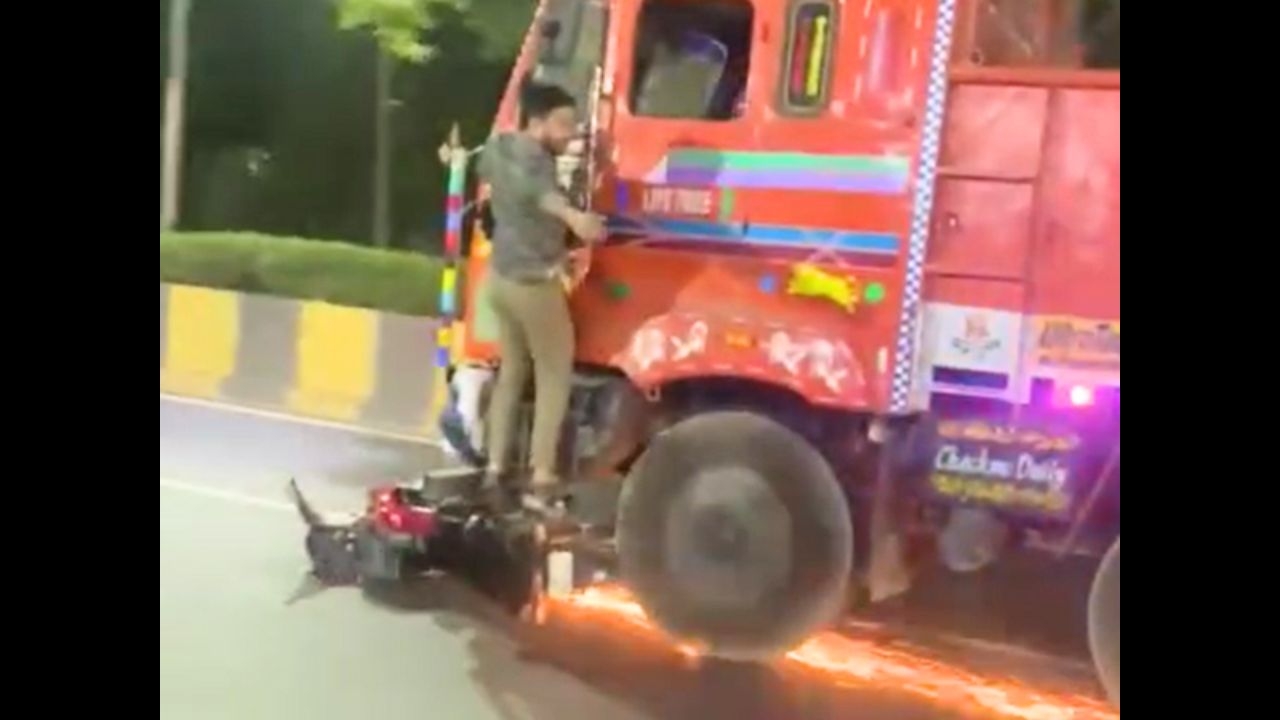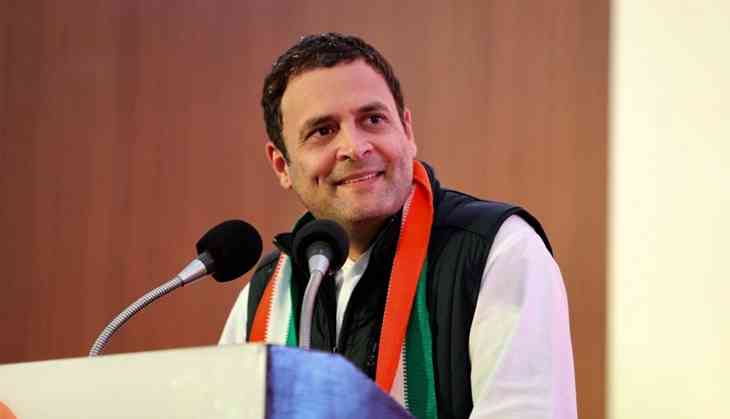
The Election Commission's (EC) strictures on Congress President-Elect Rahul Gandhi and several TV channels for airing his interviews on the eve of polling in Gujarat appear misplaced. Gandhi did not hold a press conference, a procession or a rally and the questions in the interviews were not confined to only the Gujarat polls.
In its notice to Gandhi, EC told him that his interviews fell within the definition of “election matter” as mentioned in Section 126 of the Representation of People's Act. The Act defines “election matter” as “any matter intended or calculated to influence or affect the result of an election”.
The display of such “election matter” is prohibited within 48 hours ending with “the hour fixed for conclusion of poll”. Violation is punishable with a prison term of up to two years, or fine, or both.
Gandhi has been asked to explain by 5:00 PM on 18 December as to why action should not be taken against him. EC has also directed that FIRs should be filed against the TV channels that aired the interviews.
EC's action came in response to a complaint filed by the legal cell of BJP's Gujarat unit. In its complaint to the EC, BJP has told the elections watchdog, “It is (a) sorrow to inform you that even after complaint election commission has failed to prevent such illegal activities”.
Are interviews “election matter”?
This incident gives rise to the question that can interviews to the media on sundry issues including elections be considered “election matter”?
In the said interviews, Gandhi can be seen fielding a range of questions on various subjects, including his vision for Gujarat, his embrace of “soft-Hindutva”, personal attacks in politics and his priorities after becoming Congress president.
EC's move appears especially jarring in light of the actions of BJP leaders for several days now. As the Congress has rightly pointed out in its letter of protest to the EC –
– Union Finance Minister Arun Jaitley and others held a press conference in Ahmedabad on 8 December when the campaign period had ended a day ago. Polling was scheduled for 9 December and Jaitley and others spoke at length about the elections at the press conference and also went on to release the party's manifesto. If manifesto doesn't fall under the category of “election matter”, what does?
Releasing BJP Sankalp Patra for Gujarat Elections, Ahmedabad, December 8, 2017 https://t.co/g1OPycIryc pic.twitter.com/hyLzjxXzrd
— Arun Jaitley (@arunjaitley) December 8, 2017
– On 9 December, the day of polling in the first phase, none other than Prime Minister held several public meetings in Gujarat where he talked about, obviously, elections. These meetings were also aired by TV channels.
– BJP chief Amit Shah and Union Minister Piyush Goyal have also held press conferences with Gujarat as the focus in the last two days. These have also been televised.
Why get after media?
The next question that should be put to the EC that why has it ordered action against media organisations?
If leaders of the stature of the prime minister, union ministers and chiefs of national parties hold public events, which media organisation would want to miss out? And why should they skip such events? Isn't it their job to inform the public what their leaders are saying or doing?
Modi – a habitual offender?
In cases of violation of electoral laws, there has always been a big question mark on the EC itself and its commitment to uphold them. Way back in 2014, Modi had grossly violated the 'display of election matter' guideline by holding a press conference immediately after casting his vote in Ahmedabad. He also displayed BJP's lotus election symbol there.
Taking note of the poll code violation there, EC had ordered registration of FIR in the incident. However, it is not clear whether any action was taken. The Congress has alleged that no action was taken.
However, in almost a repeat of the same incident, Modi took out a procession right outside his polling booth on Thursday, after casting his vote. Such processions are also prohibited under the same provisions of the RP Act. Additionally, BJP flags were also shown during the procession, in a clear violation of the 'display-guideline'.
Congress has objected to this procession aggressively and has slammed the EC for not taking note of it.
In fact, this incident saw the Congress's sharpest attack on the EC yet, with spokesperson Randeep Surjewala unequivocally alleging that the commission was under the PMO's pressure. Surjewala alleged that Chief Election Commissioner AK Jyoti, who was once Modi's Private Secretary in Gujarat, still appeared to be working for the PM.
Watch: @ashokgehlot51 and @rssurjewala brief the media on the undemocratic roadshow held by PM Modi in Gujarat, violating EC norms.https://t.co/YVzee2KjNy
— Congress (@INCIndia) December 14, 2017
Stand up Media to this unprecedented violation of the code of conduct. Condemn the EC for allowing this gross abuse.
— P. Chidambaram (@PChidambaram_IN) December 14, 2017
By nearly repeating what he did three years ago, Modi has clearly challenged the EC's authority. All eyes are on the commission now for its next step.
First published: 14 December 2017, 18:21 IST


_92930_300x172.jpg)
_92878_300x172.jpg)
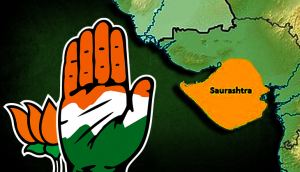
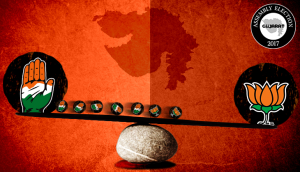
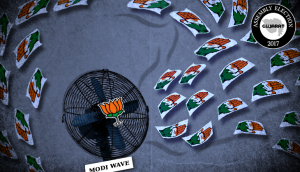
![BJP's Kapil Mishra recreates Shankar Mahadevan’s ‘Breathless’ song to highlight Delhi pollution [WATCH] BJP's Kapil Mishra recreates Shankar Mahadevan’s ‘Breathless’ song to highlight Delhi pollution [WATCH]](http://images.catchnews.com/upload/2022/11/03/kapil-mishra_240884_300x172.png)

![Anupam Kher shares pictures of his toned body on 67th birthday [MUST SEE] Anupam Kher shares pictures of his toned body on 67th birthday [MUST SEE]](http://images.catchnews.com/upload/2022/03/07/Anupam_kher_231145_300x172.jpg)


